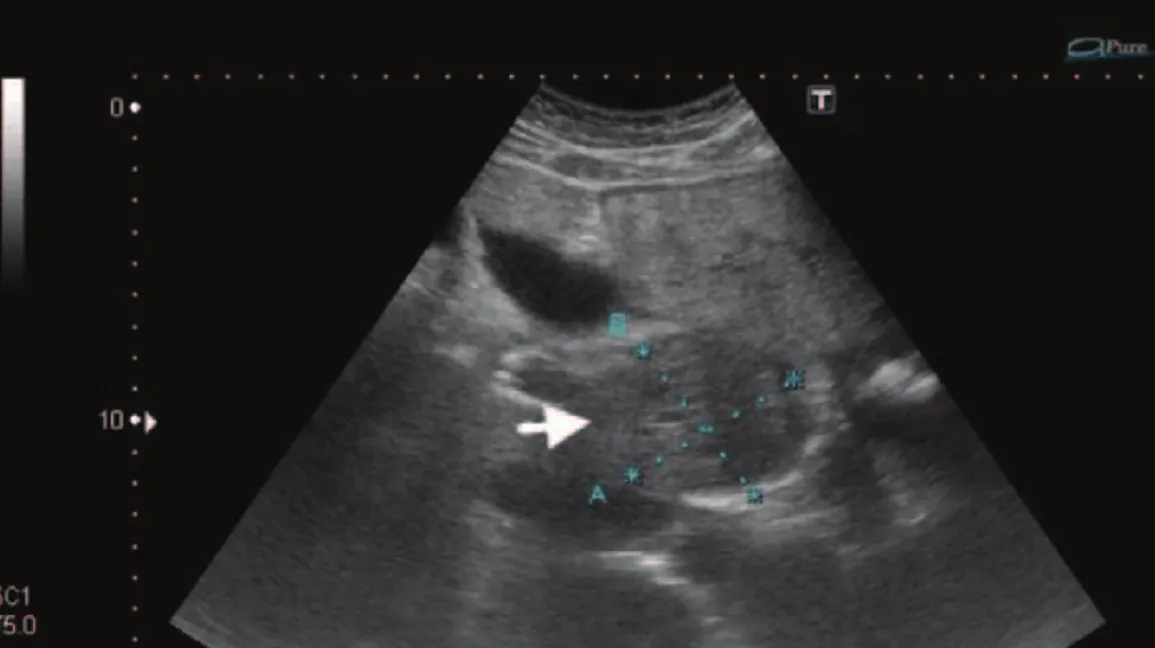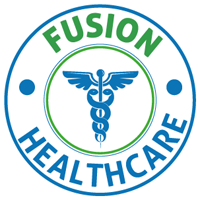
Liver ultrasound Knowing more about your liver health
A liver ultrasound scan is a non-invasive imaging test used to examine the liver’s structure and detect abnormalities. This procedure employs high-frequency sound waves to create images of the liver and surrounding tissues, providing valuable insights into liver health. A liver ultrasound can help detect liver diseases, such as cancer, hepatitis, or cirrhosis. It can also show if the liver or spleen is larger than normal, or how well they are functioning after an injury. Liver disease can be passed through families, called inherited. Anything that damages the liver also can cause liver problems, including viruses, alcohol use and obesity.
Over time, conditions that damage the liver can lead to scarring, called cirrhosis. Cirrhosis can lead to liver failure, a life-threatening condition. But early treatment may give the liver time to heal.
Liver ultrasound scans are non-invasive and are often the first line of imaging recommended when an individual is experiencing symptoms or feels there may be something wrong.
When might you need a liver ultrasound scan?
A healthcare provider might order a liver ultrasound if you have symptoms of liver disease, or if you have results from another type of test that indicate liver disease (like a blood test). Ultrasound offers a quick and easy way for your provider to investigate these findings. If an individual has already been diagnosed with liver disease, a private liver ultrasound scan can be performed to check on the health of the liver.
Long term or excessive alcohol intake can cause liver problems, as such it is wise to have frequent liver checks if worried about effects.
A liver ultrasound is often the perfect first choice for evaluating the liver because it’s safe, non-invasive and painless. It doesn’t involve radiation exposure or foreign materials entering your body. Even the contrast agent is harmless. Since it’s not dye but gas, there’s no risk of causing an allergic reaction. Ultrasound is also the fastest available imaging test, which makes it a practical choice.
Higher risk of liver disease
Many factors can increase the risk of developing liver disease. Some of these factors include:
- Alcohol
Drinking too much alcohol, especially over a long period of time, can increase the risk of liver disease. For healthy adults, it is recommended to drink no more than one drink per day for women and two drinks per day for men. - Obesity
Being overweight or obese can increase the risk of developing conditions that can lead to cirrhosis, such as non-alcoholic fatty liver disease. - Viral hepatitis
Hepatitis B and C are viruses that can increase the risk of liver disease. - Family history
A family history of liver disease can increase the risk of liver disease. - Medications and supplements
Many herbs and supplements can cause liver damage, even if they’re labelled as “natural”. - Other health conditions
Other health conditions that can increase your risk of liver disease include type 2 diabetes, high cholesterol, high blood pressure, and metabolic syndrome. - Infections
Infections caused by parasites, such as liver flukes, can increase the risk of liver cancer.
A liver ultrasound an be the best testing to ensure that none of these factors have had an effect on the status of liver health.
Symptoms of liver problems
Problems with the liver or liver disease, can often result in varying symptoms being displayed. In some cases, individuals may not display any symptoms.
Alcohol related liver disease doesn’t display symptoms at first, with symptoms usually appearing when the liver has already been severely damaged. Once this happens, some symptoms include:
- feeling sick
- weight loss
- loss of appetite
- yellowing of the eyes and skin (jaundice)
- swelling in the ankles and tummy
- confusion or drowsiness
- vomiting blood or passing blood in your stools
What can a liver ultrasound scan show?
A liver ultrasound can show signs of fat storage in your liver (steatotic liver disease) inflammation and swelling (hepatitis), and scar tissue (fibrosis or cirrhosis. These are the three main stages of chronic liver disease. The scan may also show liver lesions, abnormal spots or growths on your liver. Special types of liver ultrasounds can evaluate the blood flow through your liver or how stiff its tissues are.
A liver ultrasound scan can be an instrumental part in diagnosing many conditions of the liver. While an ultrasound isn’t enough on its own to reach a diagnosis, it can push management in the right direction of further tests and management. In many cases, individuals require further testing based on the findings from the ultrasound, this could include a biopsy of the liver to test the liver tissue. A private liver ultrasound scan can help individuals to get timely results and a flexible appointment allowing for quicker results and management. This is important as liver disease is better management when identified sooner.
Some of the conditions a liver ultrasound can identify include:
- Hepatitis
- Steatosis
- Cirrhosis
- Liver lesions
- Liver cancer
- Ischemia
- Cholecystitis
These are some of the many liver problems that can be visualised on liver ultrasound scans.
Preparing for a liver ultrasound scan
One of the conveniences of a private ultrasound scan is that it requires little to no preparation. However, where possible, individuals are asked to go without eating for 6-12 hours in the lead up to the scan. The purpose of performing a fasting scan is so that gas produced by the digestive system doesn’t interfere with the ultrasound waves and make it harder to visualise structures in the abdomen. Additionally, this helps to dilate the gallbladder.
A liver ultrasound can be the best first option in assessing the liver for possible complications or signs of damage. A private liver ultrasound scan can help to get answers faster.







